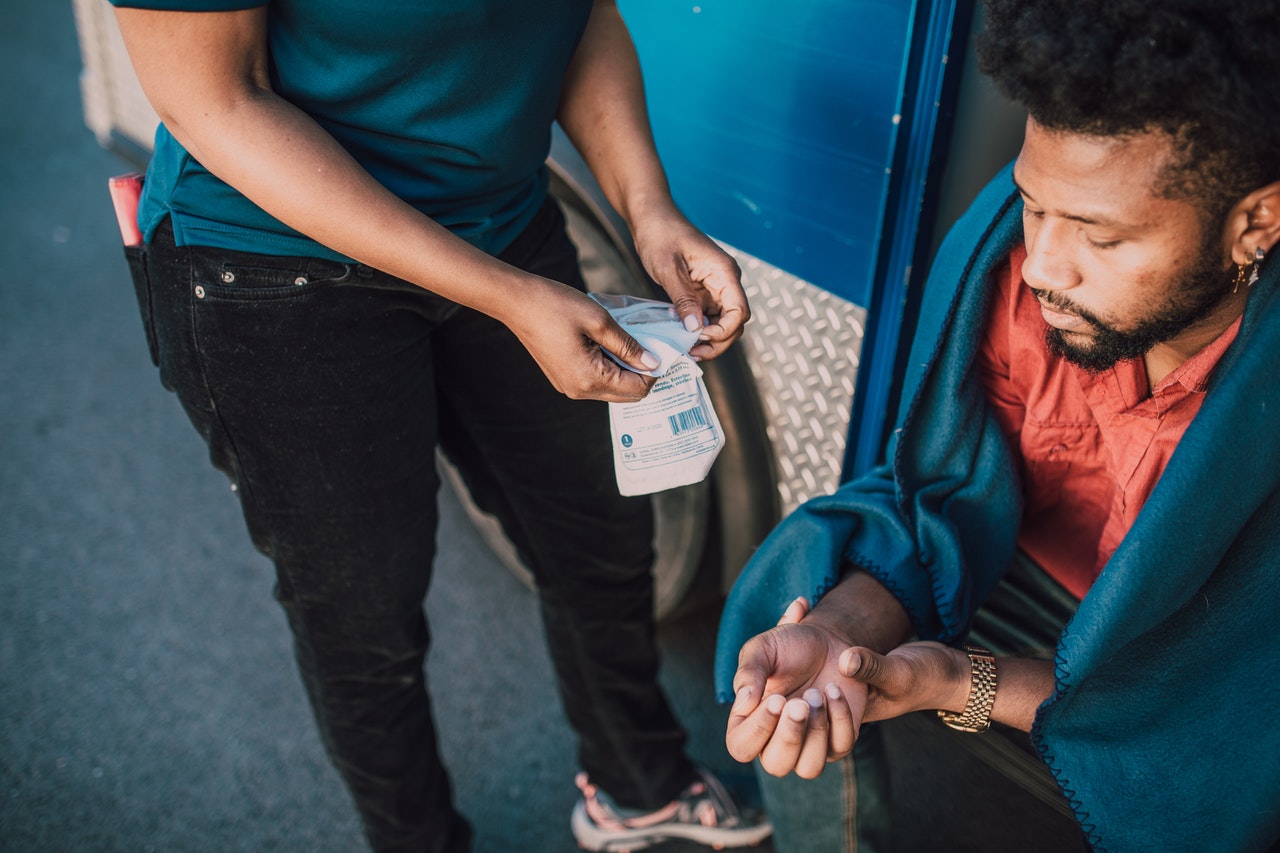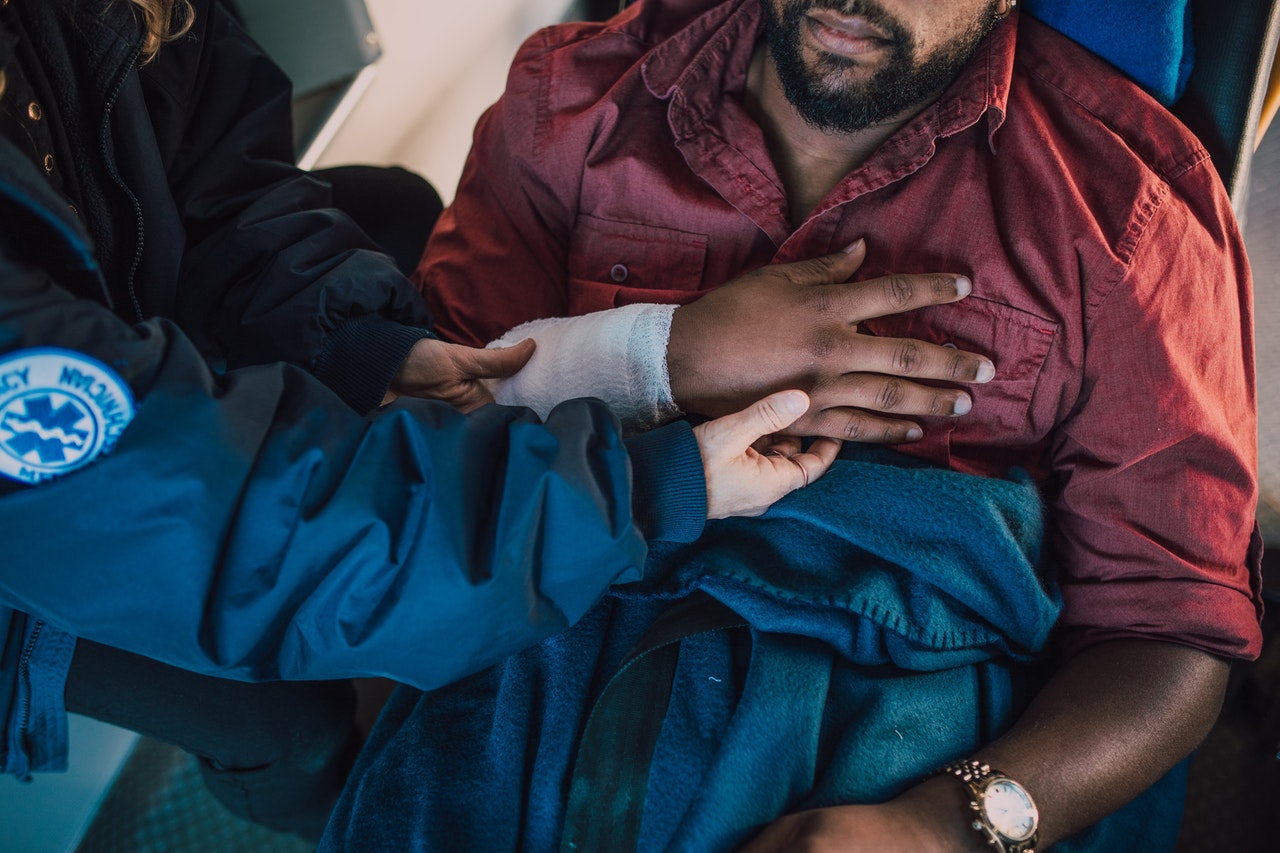Any accident due to someone’s negligence can lead to a personal injury case. In this blog, we have discussed the most common types of claims that a victim can file.
Every year Seattle witnesses thousands of road accidents, many injuries at work, and different kinds of mishaps. After an accident in Seattle, it is wise to consult a Seattle personal injury lawyer as soon as possible to recover from monetary losses.
Personal injury or “tort” law allows a victim to get compensation when someone else’s negligence or wrongful conduct causes harm. There are several instances when you can raise a claim, but an injury doesn’t automatically result in legal liabilities; there are predefined conditions.
Here we have shared some of the situations under which you can file personal injury claims. Read on!
1. Vehicle accident
Road accidents involving vehicles, say car, auto, truck, bicycle spur most of the personal injury cases in the United States.
 When there is an accident, it is often due to breaking traffic rules, rush driving, or DUI. When someone drives carelessly, they are accountable for the accident and injuries sustained. The injury victim can file a case or raise claims against the offending party.
When there is an accident, it is often due to breaking traffic rules, rush driving, or DUI. When someone drives carelessly, they are accountable for the accident and injuries sustained. The injury victim can file a case or raise claims against the offending party.
2. Slip and fall
Slip and fall cases due to someone’s negligence are a common type of personal injury case. The hazard can be slippery floors, cracked tiles, broken stairs in premises where people go for business or work.
Though all slip and fall cases don’t lead to liability, so you need to consult a lawyer to get the proper guidance.
3. Defamation cases
Any slander or libel that can injure a person’s reputation due to false statements is also considered a personal injury case.
The victim has to prove that the statement is wrong and has caused some harm. Consultation with a legal expert can help you figure out the case and take the process further.
4. Dog bites
In many cases, the owner of the pet is responsible if the dog injures someone. According to some laws, the dog owner will be liable for damages due to dog bites no matter if there was no aggression or previous case of attacking people exists.
If a pet dog bites you, you must talk to a legal expert to understand your chances of getting compensated.
5. Medical malpractices
Do you know medical negligence claims may leave you injured or impaired?
When healthcare providers offer treatment below standard or give expired medicines or show negligence in providing care, this may cause severe injuries and sometimes lead to the wrongful death of a person.
To prove your case as medical malpractice is complicated. Having an attorney beside you can ease your win.
6. Intentional torts
Till now, we have talked about personal injury cases due to negligence. But when someone intentionally injures or harms a person, they can be tried under tort law besides suing them under criminal circumstances.
The victim can file criminal cases against the perpetrator and can also file a personal injury claim.
What to do after suffering injuries due to someone’s negligence?
So, after discussing the types of personal injuries, you may wish to know how to take forward your case and other necessary steps in filing personal injury claims or a lawsuit. Let’s start.
1. What to do after an accident?
- If the injuries are not very severe, you must take a photo of the damages on the spot.
- Call for medical help.
- Call the cop.
- Write down or record everything that has happened still fresh in mind.
- Before the cop arrives, you can talk to a few witnesses, if any, present there and request their contact information. This will help you later when you file your injury claims.
- Consult with a few good lawyers and hire someone in your locality and follow the instructions they provide.
2. Hire an attorney
When you plan to take the legal option, you will need to hire a lawyer with niche expertise. Your attorney will be able to represent you as you can focus on your treatment and recovery.
He or she will evaluate your losses and calculate the amount of compensation that you deserve. They can do the negotiation on your behalf and make sure that you are in a better situation.
3. File a complaint and serve on the defendant
After establishing that a case exists, your attorney can file a personal injury complaint in court. This complaint is your first official document for your case and is the start of the legal process.
After that, your attorney will serve the defendant a complaint within a month or two. Along with the complaint, the defendant will be informed of a date when they appear in court.
The other party will definitely hire a lawyer to defend them or represent them in the case. If insurance applies, the other party must inform the insurance company about the lawsuit.
The process is not so easy, no matter if you are the victim. You have to prove that the accident occurred due to another party’s negligence or was an ac of intent.
The period of trial and discovery is quite challenging, and having a lawyer beside you can be your strength.
4. The discovery phase
During the pre-trial, your attorney must gather information and shreds of evidence about witnesses and proofs to make a claim solid.
The other party will try their best to prove themselves innocent or negotiate the compensation amount. This is very tricky, and only a lawyer knows how to sail through this difficult period.
This process of trials can go for months with changing dates. As the discovery is complete, the defendant may request the judge to put the case on summary judgment keeping an argument that the plaintiff can’t win just based on the trial.
As time passes, both the parties will pace up to finish the process, with an attempt to make settlement calls, make motions to determine what evidence should be considered, jury selection, and more.
The trial phase of a personal injury case The jury or judge will evaluate the evidence provided, listen to the witnesses, and determine if the defendant is at fault for the accident or has been framed. Next, when the other party is found guilty, the damage is decided, which the defendant must provide to the victim.
Various factors are considered while determining the compensation value. The crucial determiners are treatment expenses, monetary impact on the ability to earn for livelihood, loss of companionship, physical pain, and mental trauma, besides a few more aspects that are looked for in a specific case.
5. Settlement is the general outcome
Generally, a personal injury case ends with a settlement. At any point, both taking the issue into trial court, both the parties can settle, and the case ends even before filing a complaint.
Often the faulty party doesn’t go into muddling the matter, and they prefer a mid-way to come out of the situation.
Final thoughts: Common Types of Personal Injury Cases
To sum up, several incidents can be marked as personal injury cases when the cause of harm is carelessness or wrong intent. Hire a good personal injury lawyer without any delay, who can represent and help you with your matter.

The Ideas Plus Business Editorial team is responsible for this post. For collaborations and partnership requests, kindly send an email to the Editorial Team at ideasplusbusiness[at]gmail[dot]com for the terms and conditions. You can also follow IdeasPlusBusiness.com on Twitter here and like our page on Facebook here.
